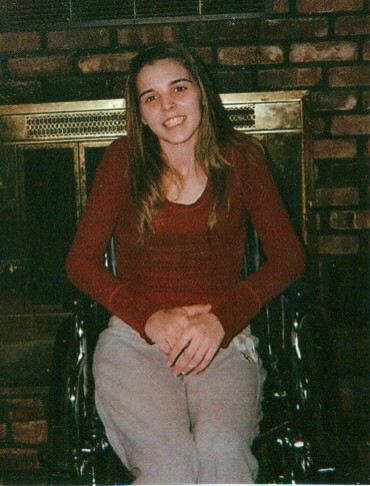Long Island Woman Brittany Ozarowski Fakes Cancer To Fund Heroin Addiction

A Long Island woman was indicted Wednesday after allegedly faking a terminal cancer diagnosis to seek donations in order to support her heroin addiction. Local authorities are calling the scam deplorable.
Twenty-one-year-old Selden native Brittany Ozarowski was charged with 24 counts of grand larceny in the third degree this week after scamming shoppers at both Nassau and Suffolk County businesses for donations, the AP reported Wednesday.
Prosecutors said Ozarowski left donation jars at stores near her Central Islip home in hopes of making a profit to feed her addiction to heroin, even convincing her own family she was suffering from the deadly disease. District Attorney Thomas Spota said the woman convinced her father and grandmother to sell their home, giving Ozarowski more than $100,000.
“She told small-business owners that she was suffering from bone and brain cancer and that the disease was spreading to her thyroid and her stomach. She told some people that she just found out the brain cancer was inoperable,” Spota said.
According to reports, Ozarowski was gifted more than $600 from small-business owners following her claims, with one even starting a “Help Save My Life” PayPal account in her honor.
“This defendant perpetrated a despicable scam. ... There was no cancer, no chemotherapy or radiation. All there was was heroin and more heroin,” Spota said.
The district attorney’s office became aware of Ozarowksi’s case after a male donator reported the woman’s refusal to tell him her doctor’s name.
On Ozarowski’s website, where she also accepted donations, she claims to have suffered from a car accident in 2011, sustaining multiple injuries only to be diagnosed with stage two ovarian and stomach cancer several months later. The defendant claims she was cancer free until February 2012, when she was diagnosed with bone cancer.
“This time, the medicine was much more expensive, and my family had already liquidated all assets,” said Ozarowski, who claims her treatments cost $33,000 per day.
“It is very hard to receive financial help. ... I have set up donation jars around my town in hopes of getting help from the community. My places will not help with fundraising to individuals, only organizations. I have very few options left,” Ozarowski said.
A similar case occurred in 2011 when a 42-year-old Virginia woman, Martha A. Nicholas, was arrested after claiming she was suffering from ovarian cancer and accepted donations but could not provide evidence of any cancer treatments.
Nicholas, a mother of two, reportedly faked the disease since her twenties and was given financial support by the American Cancer Society and Relay For Life.
“This was not a scam to rip people off,” Nicholas’ attorney, Sam Simpson, said. “There is an illness. It’s a mental illness,” he said.
© Copyright IBTimes 2025. All rights reserved.






















